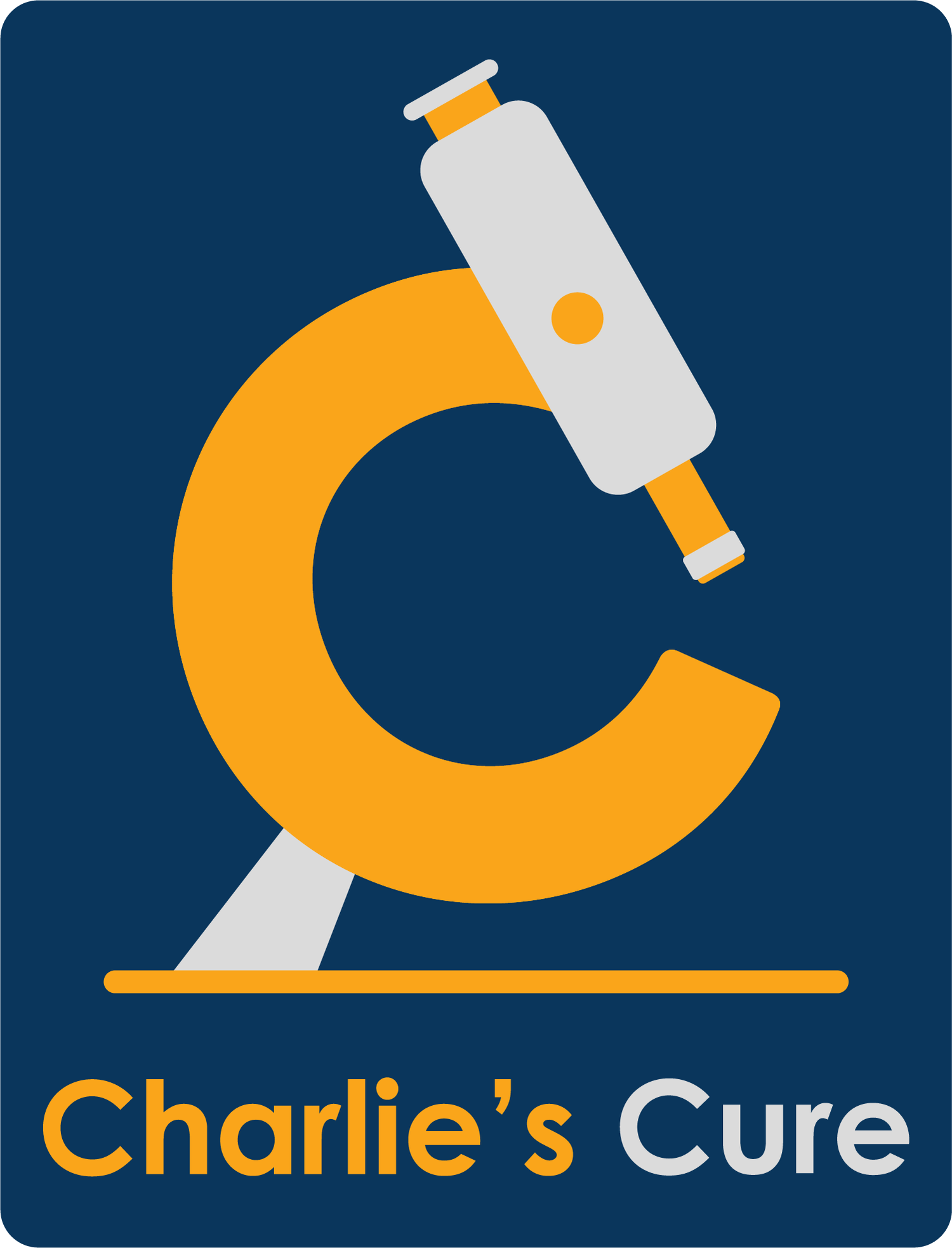Op/Ed: An Unwelcome Ticking Clock in Rare Disease
By Jennifer Handt and Marit Sivertson
As published in DC Journal September 7, 2023
On World Duchenne Awareness Day (September 7), we finally have reasons to celebrate. We have 6-year-old Hiram, who rushed through rounds of testing this summer to ensure he spent his last day as a 5-year-old at Children’s National Hospital.
We have 6-year-old Kellan, who also recently won his race against time with only days to spare.
They’re among the first children to receive the first FDA-approved gene therapy treatment for Duchenne muscular dystrophy.
Unfortunately, Hiram and Kellan are the exception among the 15,000 boys and young men living with Duchenne in the United States. That’s because the same FDA that approved this groundbreaking treatment also imposed age restrictions prohibiting most Duchenne children from benefiting.
That means this World Duchenne Awareness Day, despite how far Duchenne research has come, finds us where we were in 2014 when the day was launched: without universal patient access to an effective treatment. Unless we act soon, boys with Duchenne 6 years old and older could be the first generation of patients for whom science offered a life-giving solution. Still, regulators refused to let them have it.
The FDA has the power to change that. With broader access to gene therapy, this disease would begin to look less like a death sentence and more like a manageable chronic condition with the possibility of a cure.
To begin to understand the urgency of intervention against this disease, imagine sitting, as we have, across from a doctor who tells you that your perfect little boy will be in a wheelchair by his early teens. He will depend on you or a caregiver for his entire adult life to dress, eat, and, ultimately, breathe. Will die by his 20s, forever young. This conversation will happen 500 times this year when diagnosed boys are 5 years old, on average, and only subtly symptomatic.
Imagine the doctor telling you there is good news and bad news. The good news: Thanks to decades of research, there is a gene therapy available, a one-time intravenous treatment to make the muscle-protective protein your son is missing, slowing the disease’s certain progression. The bad news: The day your son turns 6, he will be ineligible to receive it. The reason for that isn’t scientific or biological. It’s because decision-makers at the FDA ignored the safety and efficacy results available to them.
It is astounding to imagine that our families had an easier time accessing this treatment by enrolling our boys in its clinical trials — a time- and resource-consuming commitment affecting the whole family — before this age-restricted approval. The decision is counter to everything we know to be true about Duchenne. Nothing defining about these two years regarding muscle loss. Science shows it, parents know it — and we will not sit on the sidelines watching desperate families try to win this Hunger Games.
This ill-advised decision will undoubtedly ripple effect on countless other children and families facing myriad health conditions. There could not be a more elegant use case for the accelerated approval pathway than a gene therapy for Duchenne muscular dystrophy, a fatal disease without a universally meaningful treatment option. Yet, we find ourselves fighting for greater access. If the agency similarly approaches future accelerated approval rulings with haphazard access restrictions, that pathway will be rendered purposeless. In that case, members of Congress, which codified the path in 2012, should prepare to face mounting questions from tortured families watching their loved ones’ conditions worsen as a potential treatment is kept beyond reach.
It’s not too late for the FDA to change course. The agency can update its ruling and change the trajectory of many lives. As data from clinical trials are released later this year, families will watch to see whether the FDA fulfills the accelerated approval program’s mission to address serious and unmet medical needs with urgency by expanding approval and broadening access so the therapy can reach all patients.
What will next year’s World Duchenne Awareness Day look like? We see a world where Duchenne is no longer a death sentence, where diagnosed children can revel in childhood and look forward to fulfilling lives. Whether the FDA will do what is needed to help us create that world remains to be seen. The rare disease community is watching closely.

